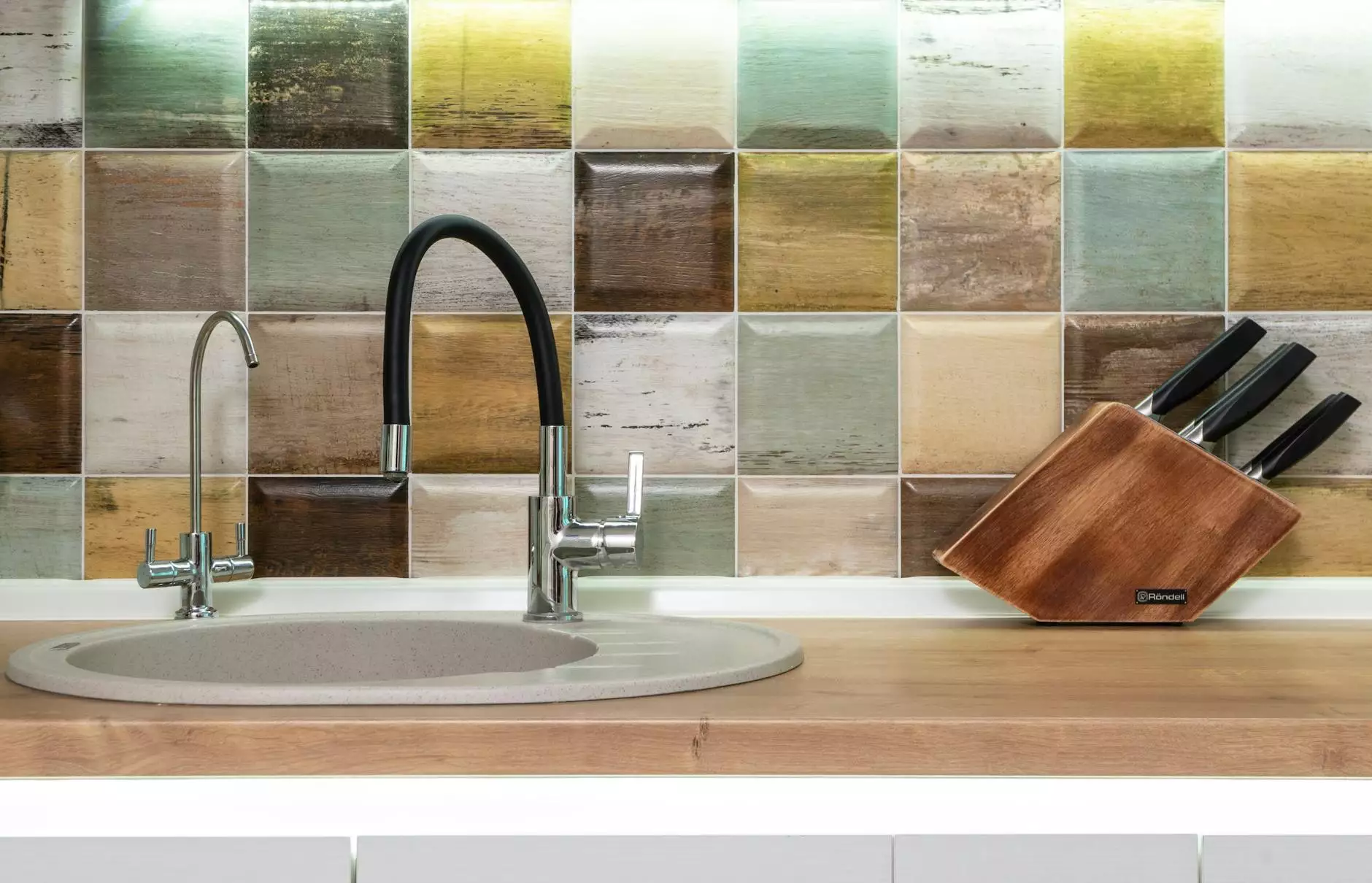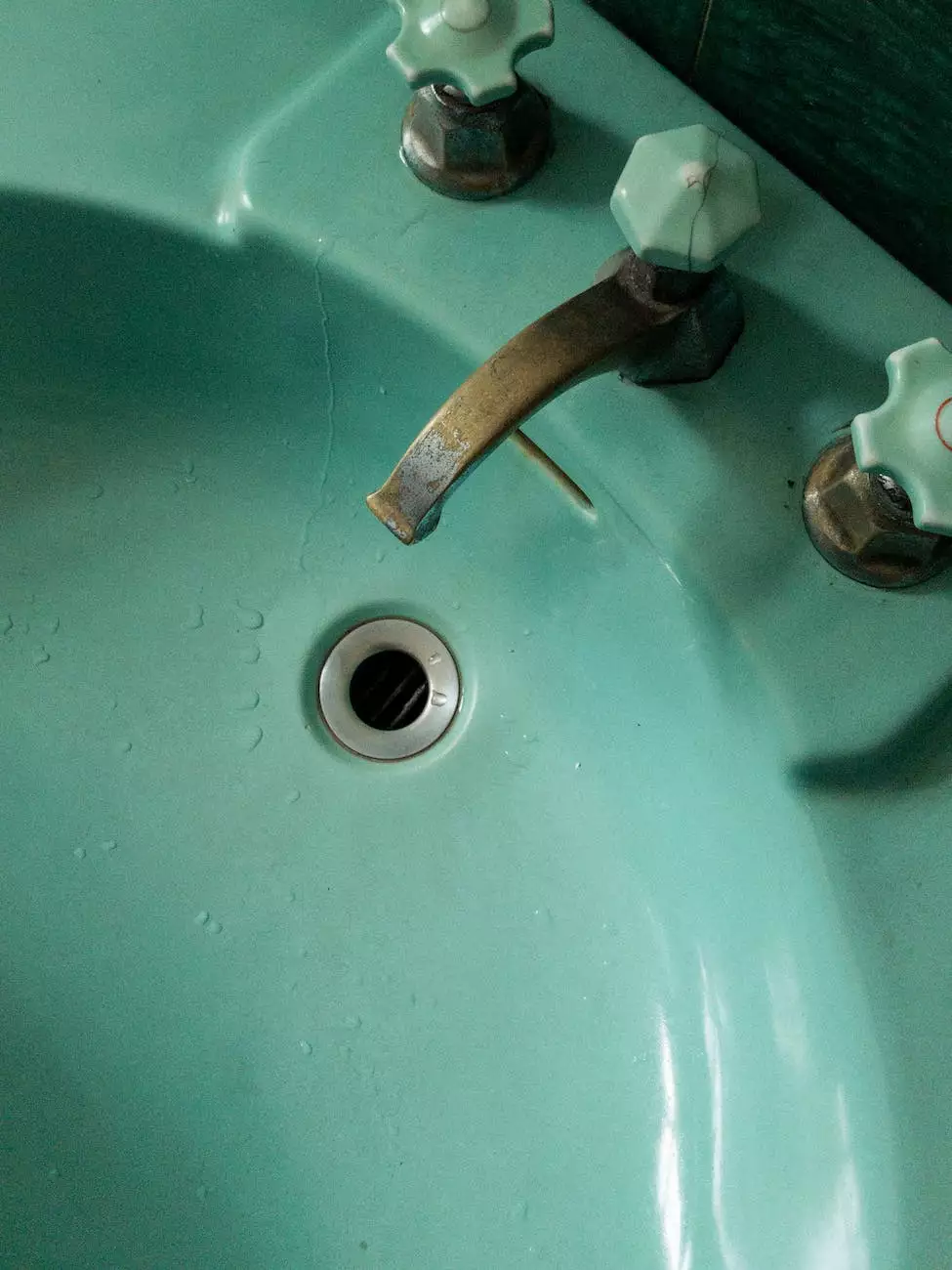Help! My Kitchen Sink Smells Awful | Before & After Plumbing
Blog
Introduction
Welcome to Westwater Softening & Purification's blog post on how to combat kitchen sink odors. An unpleasant smell emanating from your kitchen sink can be bothersome, affecting the overall cleanliness and ambiance of your kitchen. In this article, we will discuss three effective methods to eliminate sink stink and improve your kitchen's atmosphere.
Method 1: Deep Cleaning
If your kitchen sink smells, the first step is to thoroughly clean it. Start by removing any visible debris or residue from the surface and drain. Use warm water and a mild detergent or dish soap to scrub the sink, paying special attention to hidden corners and crevices. Rinse the sink thoroughly to ensure all cleaning agents are removed.
Next, prepare a cleaning solution using equal parts vinegar and baking soda. Pour this mixture down the drain, allowing it to fizz and break down any organic material causing the odor. Let it sit for about 15 minutes before flushing the drain with hot water. This simple yet powerful method can eliminate stubborn smells and unclog any minor blockages.
Method 2: Regular Maintenance
Preventing sink stink starts with regular maintenance. Here are a few preventive measures to keep your kitchen sink smelling fresh:
- Ensure proper disposal of food scraps, avoiding dumping large quantities down the drain.
- Run cold water while using the garbage disposal to help flush away food particles.
- Periodically pour boiling water down the drain to dissolve any accumulated grease or oil.
- Use a sink strainer to catch debris and prevent it from entering the drain.
- Avoid pouring harsh chemicals or grease down the drain as they can cause blockages and emit unpleasant odors.
Method 3: Addressing Plumbing Issues
If you've tried deep cleaning and regular maintenance, but the smell persists, it could indicate underlying plumbing issues. These issues may include:
- Clogged Vent Pipe: A blocked vent pipe can trap foul-smelling gases in your plumbing system. Contact a professional plumber to inspect and clean the vent pipe.
- Leaking P-Traps: A faulty or dried-out P-trap can allow sewer gases to enter your kitchen. Inspect the P-trap and replace it if necessary.
- Sewer Line Problems: A malfunctioning or damaged sewer line can cause persistent foul odors. It's essential to consult a plumbing expert to evaluate and repair the sewer line.
Conclusion
Eliminating sink stink is crucial for maintaining a fresh and pleasant kitchen environment. By following the methods outlined in this article, you can effectively combat kitchen sink odors. Remember to deep clean regularly, perform routine maintenance, and address any plumbing issues promptly. If the problem persists or worsens, don't hesitate to seek the assistance of a professional plumber.
For any further plumbing concerns or water purification needs, Westwater Softening & Purification is here to help. Contact us today for expert assistance and reliable solutions.




